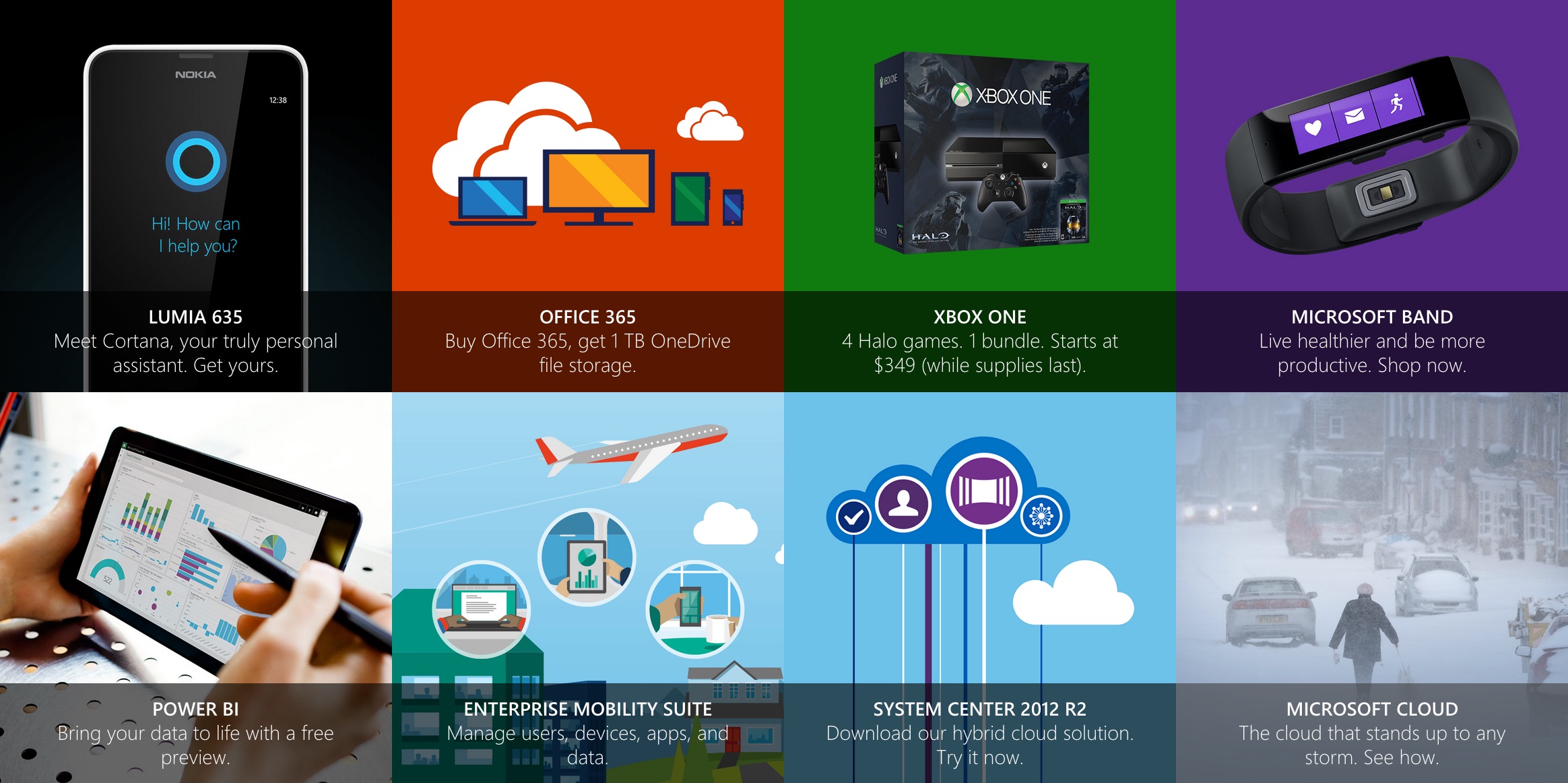Microsoft, one of the most significant companies in the history of computing, turns 40 years old today. Founded by Bill Gates and Paul Allen on April 4, 1975 as a small software vendor for Altair computers and later IBM-compatible PCs, it went to become the most dominant software company in the world in the 1980s, arguably up to this day.
The company's IPO in 1986 and subsequent rise in share price created three billionaires (famously Gates is the long standing wealthiest man alive) and an estimated 12,000 millionaires from Microsoft employees. Today Microsoft employs over 125,000 people worldwide and is the third most valuable company in the world, only behind Exxon Mobil, long-time rival Apple, and closely followed by relentless new competitor Google.
While Microsoft's is undoubtedly a success story, over the last decade it's come to face its biggest challenges, from competitors and from within. As technology continued to evolve, the software giant failed to recognize change, markedly missing out on the huge market for mobile devices. Nevertheless, the Windows operating system runs over 90 percent of the world's computers, and Microsoft's Office remains the de-facto productivy suite. Other big Microsoft brands and businesses include Xbox, Skype, Windows Server, Bing, Windows Phone/Nokia, Onedrive/Azure (cloud), among others.
In celebration of the company's 40th anniversary, Bill Gates sent the following letter to Microsoft employees:
Tomorrow is a special day: Microsoft's 40th anniversary.
Early on, Paul Allen and I set the goal of a computer on every desk and in every home. It was a bold idea and a lot of people thought we were out of our minds to imagine it was possible. It is amazing to think about how far computing has come since then, and we can all be proud of the role Microsoft played in that revolution.
Today though, I am thinking much more about Microsoft's future than its past. I believe computing will evolve faster in the next 10 years than it ever has before. We already live in a multi-platform world, and computing will become even more pervasive. We are nearing the point where computers and robots will be able to see, move, and interact naturally, unlocking many new applications and empowering people even more.
Under Satya's leadership, Microsoft is better positioned than ever to lead these advances. We have the resources to drive and solve tough problems. We are engaged in every facet of modern computing and have the deepest commitment to research in the industry. In my role as technical advisor to Satya, I get to join product reviews and am impressed by the vision and talent I see. The result is evident in products like Cortana, Skype Translator, and HoloLens – and those are just a few of the many innovations that are on the way.
In the coming years, Microsoft has the opportunity to reach even more people and organizations around the world. Technology is still out of reach for many people, because it is complex or expensive, or they simply do not have access. So I hope you will think about what you can do to make the power of technology accessible to everyone, to connect people to each other, and make personal computing available everywhere even as the very notion of what a PC delivers makes its way into all devices.
We have accomplished a lot together during our first 40 years and empowered countless businesses and people to realize their full potential. But what matters most now is what we do next. Thank you for helping make Microsoft a fantastic company now and for decades to come.
